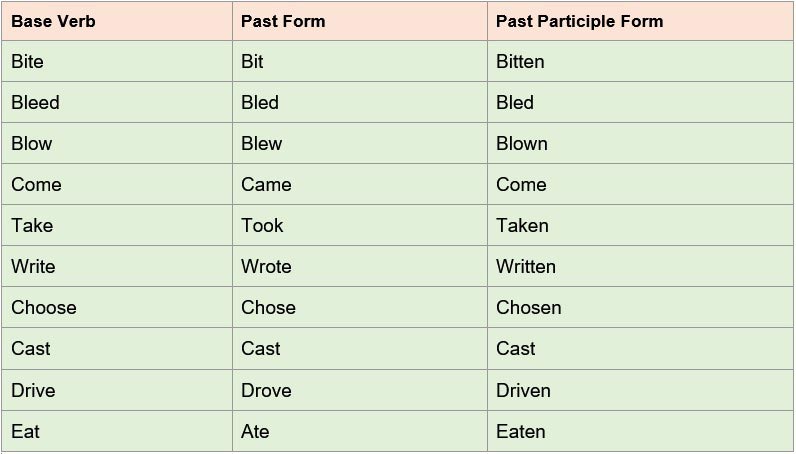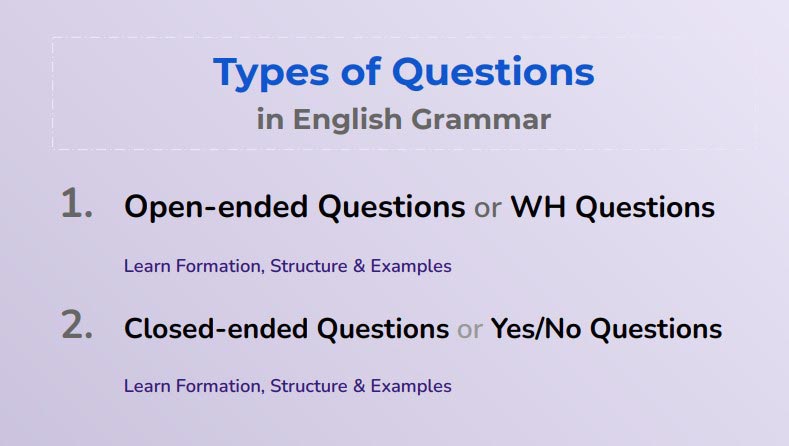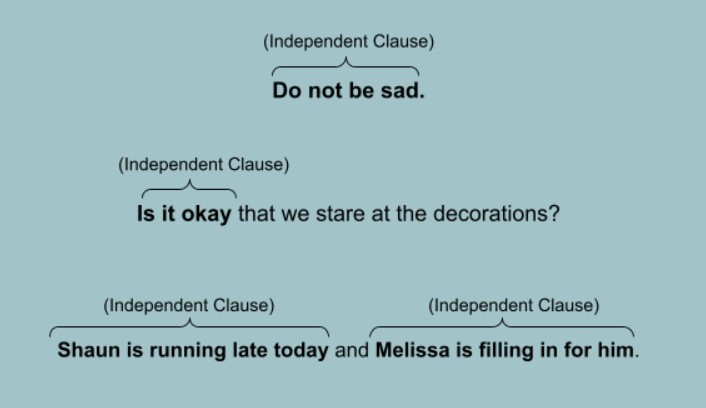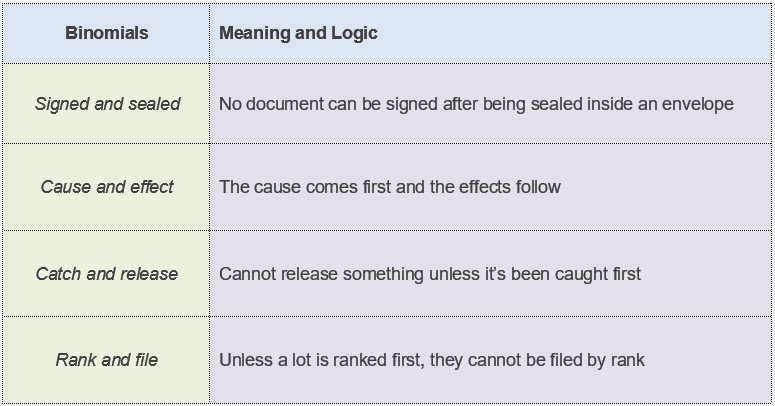Past Participle : Definition, Usages and Examples

Past Participle is the Verb form that is used in the Past Perfect tense which means they take their position after - have, has or had. It is one of the two Verb forms that are in the past tense in the English language.
Past Participles are usually formed by adding -ed, -d, -t, -n and -en to the base form of the Verbs although there are plenty of irregular ones that do not follow any particular rule.
Examples:
- I have written you hundreds of letters.
“Written” is the Past Participle form of the Verb “Write” and it sits after the Verb “to have”. This example is of a sentence in the Past Perfect tense.
More Examples:
- Have you seen my car?
- Boris hasn’t done enough for his bedridden father.
- They had run a mile.
Past Participle Verb Chart
Willing to make it easy for the learners to remember the three most important of Verb forms - Present/Base, Past and Past Participle, new learners of English practice memorizing Verbs in sets of three. It would be easier to familiarize the learners with even the irregular Past Participles in a chart. Most people practicing the Language will instinctively know the Past and Past Participle forms of each Verb by heart. The brief chart below exemplifies the sets of three forms of verbs memorized by learners.
| Base Verb | Past Form | Past Participle Form |
| Bite | Bit | Bitten |
| Bleed | Bled | Bled |
| Blow | Blew | Blown |
| Come | Came | Come |
| Take | Took | Taken |
| Write | Wrote | Written |
| Choose | Chose | Chosen |
| Cast | Cast | Cast |
| Drive | Drove | Driven |
| Eat | Ate | Eaten |
| Steal | Stole | Stolen |
| Arise | Arose | Arisen |
| Wake | Woke | Woken |
| Bear | Bore | Borne |
| Forbid | Forbade | Forbidden |
| Grow | Grew | Grown |
| Hide | Hid | Hidden |
| Lade | Laded | Laden |
| Lie | Lay | Lain |
| Run | Ran | Run |
| Ring | Rang | Rung |
Past Participles as Adjectives
The Past Participles are often seen used as Adjectives in English sentences that are not in the Past Perfect tense.
Examples:
- Are you drunk?
“Drunk” is the Past Participle form of the Verb, “Drink” as it describes the state of the Pronoun - “You”.
More Examples:
- It is forbidden
- You are the chosen
- Act like the grown man you are.
Past Participles in the Passive Voice
When changing Active Voices to Passive, the Past Participles sit next to the Auxiliary Verbs.
Examples:
- Active: We learn Spanish.
- Passive: Spanish is learnt by us.
Past Participle - “Learnt” here sits after the Auxiliary Verb - “Is” in the Passive form of the sentence above.
More Examples:
- Active: Someone stole my purse.
- Passive: My purse was stolen (by someone).
- Active: The dog bit me.
- Passive: I was bitten by the dog.
- Active: Are they visiting the village house?
- Passive: Is the village house being visited by them?
Grammar
Read More
- How to Use "Therefore" in Sentences Avoiding Common Mistakes
- How to Use "Whereas" with Examples and Avoid Common Mistakes
- When and How to Use "Thus" Correctly Without Common Mistakes
- How to Use "On the Contrary" Properly with Meaning and Examples
- When and How to Use "Either/Or" with Examples and Common Mistakes to Avoid
- How to Use "On the Other Hand" Effectively without Mistakes
- How to Use "Respectively" with Example and Common Errors to Avoid
- How and When to Use "Moreover" Without Mistakes
- How to Use "Likewise" in Sentences Based on Context & When not to Use
- When & How to Use "Although" in Sentences to Avoid Mistake




